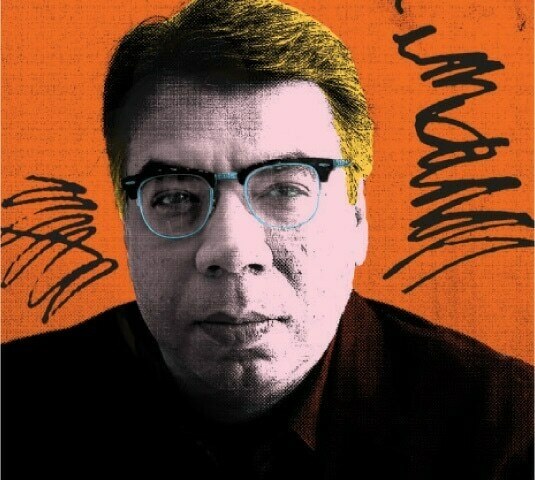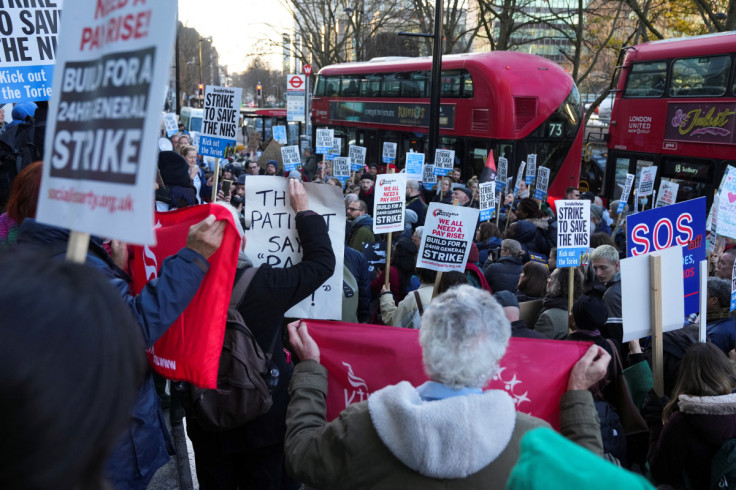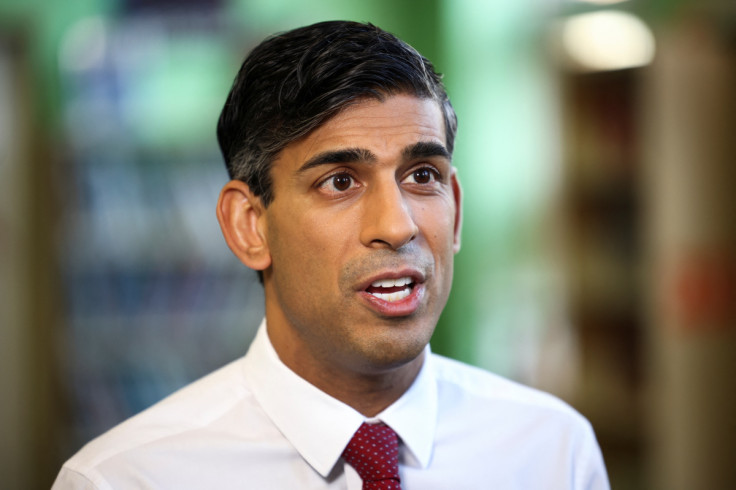PAKISTAN
Sordid claims
Editorial Published January 9, 2023
WOMEN are cannon fodder in a chauvinistic society where a toxic political environment has erased the distinction between legitimate criticism and smear campaigns. Recently, a retired major levelled scurrilous allegations in a YouTube video to the effect that four Pakistani actresses had been deployed by the military top brass as ‘honey pots’ to lure politicians into discreetly filmed encounters that could be used to blackmail them. “…Model girls in safe houses and Mess. Politics of spying and immoral videos” he tweeted as an introduction to the video. He then proceeded to give the initials of the showbiz personalities he claimed were part of this plot. Within minutes, Twitter was awash in speculation about who fit the bill; with names, memes and derogatory comments being bandied about in a salacious feeding frenzy. The officer, Adil Raja, has been a diehard supporter of the PTI and since April has reportedly been based in London after developing serious differences with the army leadership over his political views. In the ugly, take-no-prisoners political environment in Pakistan, women and indeed femininity itself are convenient targets, instruments to demean the opposition and emasculate the men within it.
However, the double standards that are part and parcel of patriarchal societies ensure that the impact on the women involved (or assumed to be involved) in such controversies is far more profound and long-term than the price paid by their male counterparts. The whiff of scandal, of moral turpitude, dogs the former relentlessly, dredged up whenever they need to be ‘cut down to size’. We have seen this happen repeatedly to women journalists in particular in recent years whenever they have expressed an opinion unpopular with social media trolls. The trend underscores how the public space is essentially seen as a male domain, with females merely interlopers existing on sufferance. Some of the women presumed to be part of the honey trap claim have vigorously denounced the allegations. They must be supported by all right-thinking men and women across the political spectrum.
Published in Dawn, January 9th, 2023









:quality(70)/cloudfront-eu-central-1.images.arcpublishing.com/thenational/IB54SGPV5JB5BM7KOKASGUFUAY.jpg)
:quality(70)/cloudfront-eu-central-1.images.arcpublishing.com/thenational/BPJDVUADFNHJLPD5ZP5L7DMVS4.jpg)
:quality(70)/cloudfront-eu-central-1.images.arcpublishing.com/thenational/UMME6YCFPBD5ZICUUA3D6KIMWU.jpeg)
:quality(70)/cloudfront-eu-central-1.images.arcpublishing.com/thenational/PRNDKGSVMNDSLCVEVGYDAFH5RI.jpeg)
:quality(70)/cloudfront-eu-central-1.images.arcpublishing.com/thenational/6QGCREZD7VGA3F6MXKH234V52M.JPG)
:quality(70)/cloudfront-eu-central-1.images.arcpublishing.com/thenational/4TVKA565IRFZ5OJMN7VENVVBFU.jpg)
:quality(70)/cloudfront-eu-central-1.images.arcpublishing.com/thenational/65ZRGHHHXFDF3KRIDCLSE4B2LA.jpeg)
